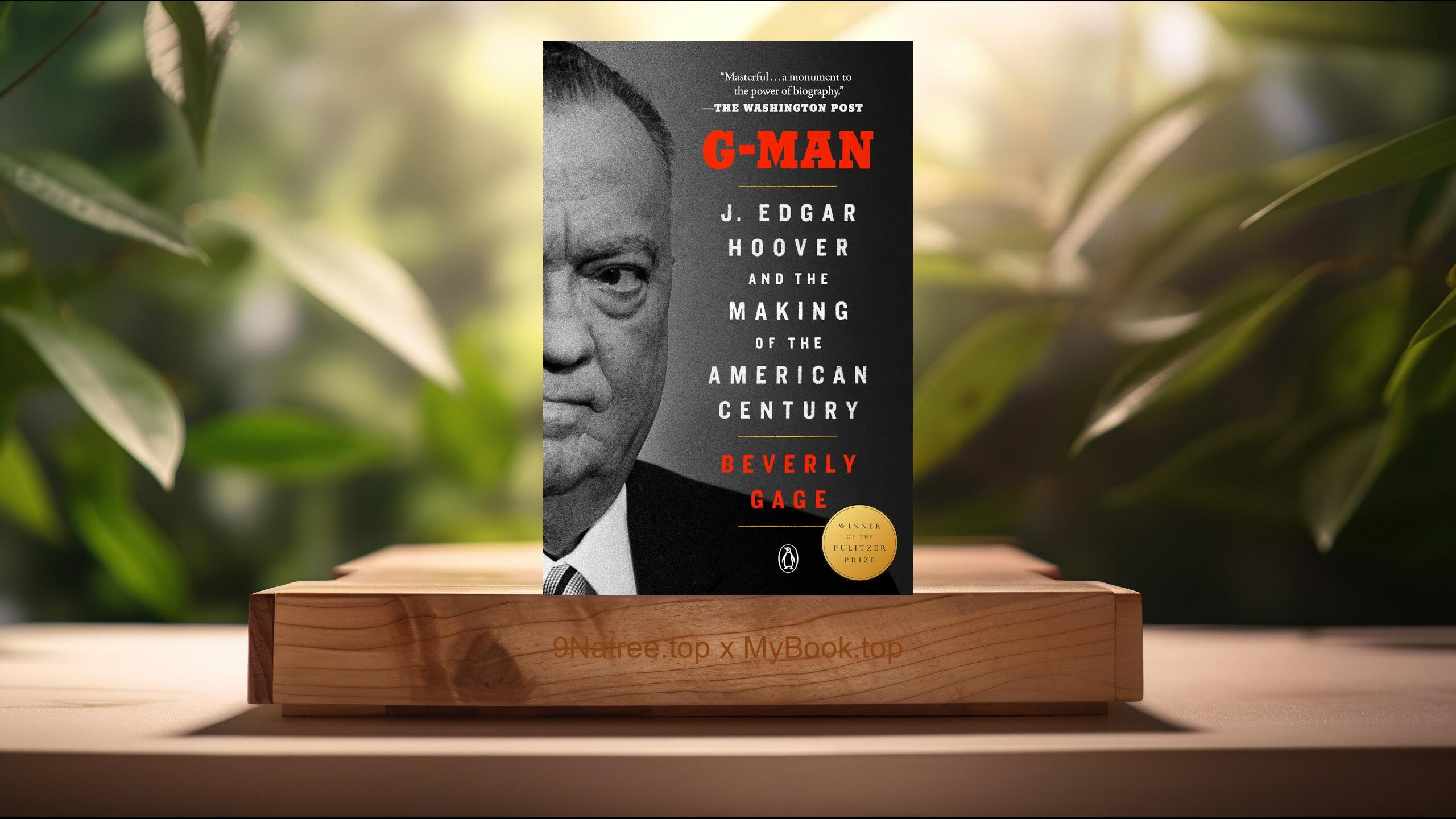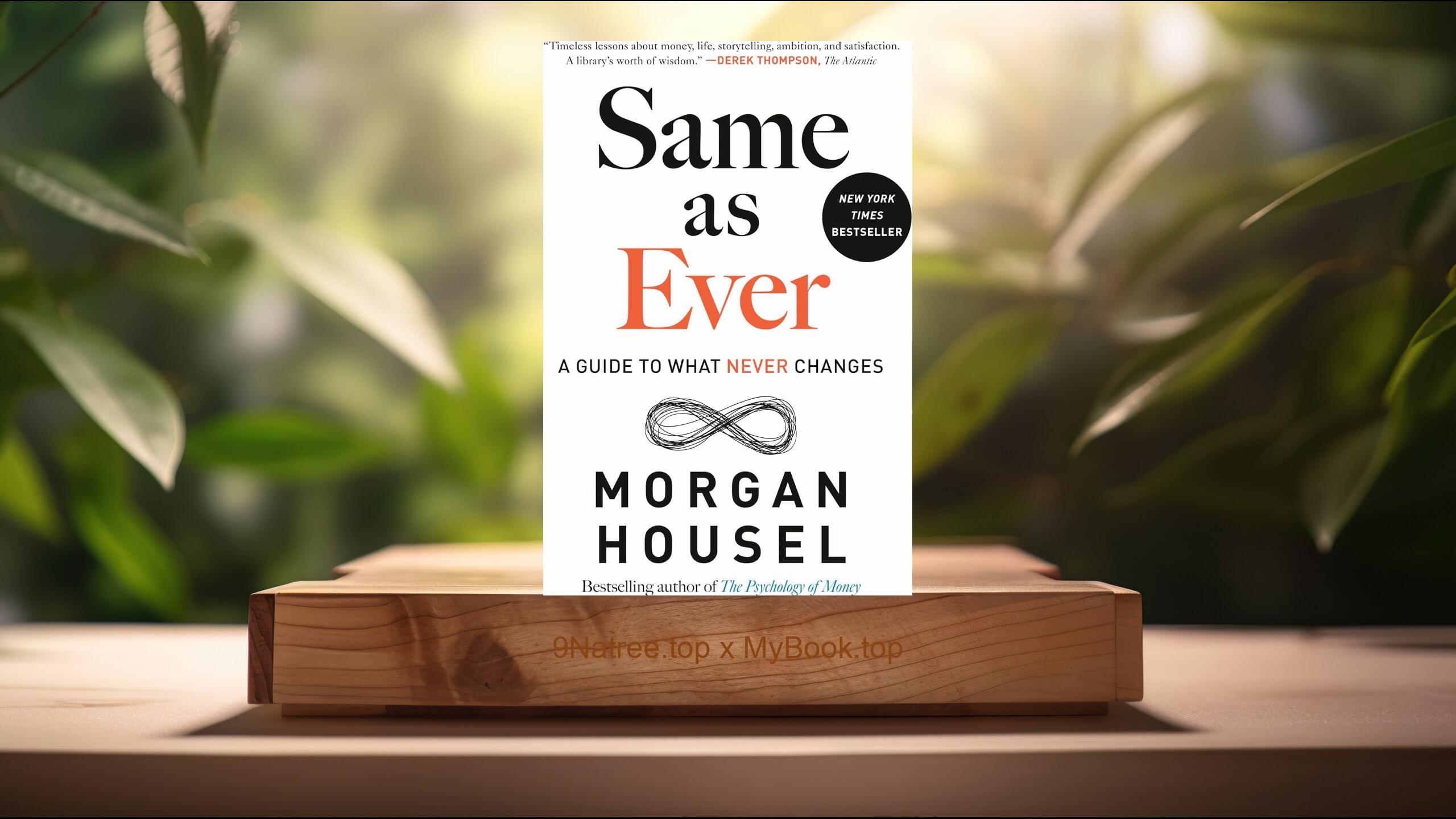Show Notes
Buy on Amazon: https://www.amazon.com/dp/B00A2ZIZYQ?tag=9natree-20
Read more: https://mybook.top/read/B00A2ZIZYQ/
#Antifragility #NassimNicholasTaleb #Volatility #RiskManagement #SystemResilience #BlackSwan #Stressors #PersonalDevelopment
These are takeaways from this book.
Firstly, Definition and Nature of Antifragility, Antifragility, as defined by Nassim Nicholas Taleb, goes beyond resilience or robustness. The resilient resists shocks and stays the same; the antifragile gets better. At the core of the book, this transformative idea challenges how we approach unpredictability and chaos. Taleb explains that systems, organizations, and living organisms that possess antifragile traits not only withstand volatility but use it as a means to improve functionality, adapt, and grow. This concept has profound implications across multiple domains, including economics, biology, and risk management, compelling individuals and societies to reevaluate their strategies towards facing uncertainties.
Secondly, The Role of Stressors and Volatility, Taleb underscores the importance of stressors and volatility in the process of growth and improvement. He argues that shielding systems (be it economic, biological, or personal) from all fluctuations and disorder is not only futile but harmful, as it weakens their ability to develop antifragile properties. Instead, by exposing them to manageable doses of stress, challenges, and variability, they can strengthen and adapt. This principle is vividly illustrated through examples such as the human body's response to exercise and the strengthening of immune systems, highlighting the necessity of intermittent stressors for fostering antifragility.
Thirdly, Misconceptions about Risk and Safety, Taleb debunks common misconceptions about risk, stability, and safety. Traditional risk assessment tools and models often fail because they cannot predict or adequately prepare for rare, catastrophic events ('Black Swans'). Moreover, attempts at creating overly safe environments can lead to fragility, as the lack of exposure to risk paradoxically increases susceptibility to harm. By advocating for the embrace of uncertainty and minor stressors, Taleb encourages a more nuanced understanding of risk — one that accepts the inevitability of randomness and leverages it for growth and improvement.
Fourthly, Applications in Business and Economy, Antifragile profoundly impacts business and economic strategies. Taleb illustrates how businesses that embrace antifragility — those that innovate and adapt in response to challenges — outperform their more cautious counterparts. He criticizes the banking and financial systems for their fragility, arguing that by shielding themselves from small shocks, they have become highly vulnerable to systemic crises. Conversely, he presents the concept of 'barbell strategy' in investing, which involves combining extreme safe investments with highly speculative bets, as a practical application of antifragility, promoting both protection and significant growth potential.
Lastly, Practical Implications for Personal Development, Antifragile also offers invaluable insights for personal growth and development. Taleb advises individuals to incorporate principles of antifragility into their lives by seeking challenges, learning from failures, and embracing uncertainty and variability. This approach not only builds personal resilience but also enables individuals to capitalize on opportunities that arise from disorder. From choosing a career path to making lifestyle decisions, understanding and applying the principles of antifragility can lead to a more fulfilling and dynamic life.
In conclusion, Antifragile: Things That Gain from Disorder is an essential read for anyone interested in understanding how to thrive in an unpredictable world. Nassim Nicholas Taleb masterfully explores the concept of antifragility, revealing how systems, organizations, and individuals can not only withstand chaos but also benefit from it. This book challenges conventional wisdom about risk, safety, and stability, urging a reevaluation of our relationship with uncertainty. Whether you are a business leader, policymaker, entrepreneur, or simply someone looking to navigate life's uncertainties with grace and advantage, Antifragile offers a compelling framework for cultivating strength and resilience in the face of disorder. By embracing volatility and learning to benefit from it, readers can unlock a path to growth, innovation, and enduring success.
![[Review] Antifragile: Things That Gain from Disorder (Nassim Nicholas Taleb) Summarized](https://episodes.castos.com/660078c6833215-59505987/images/1699873/c1a-085k3-4988gq05hm1g-e5wmvk.jpg)




